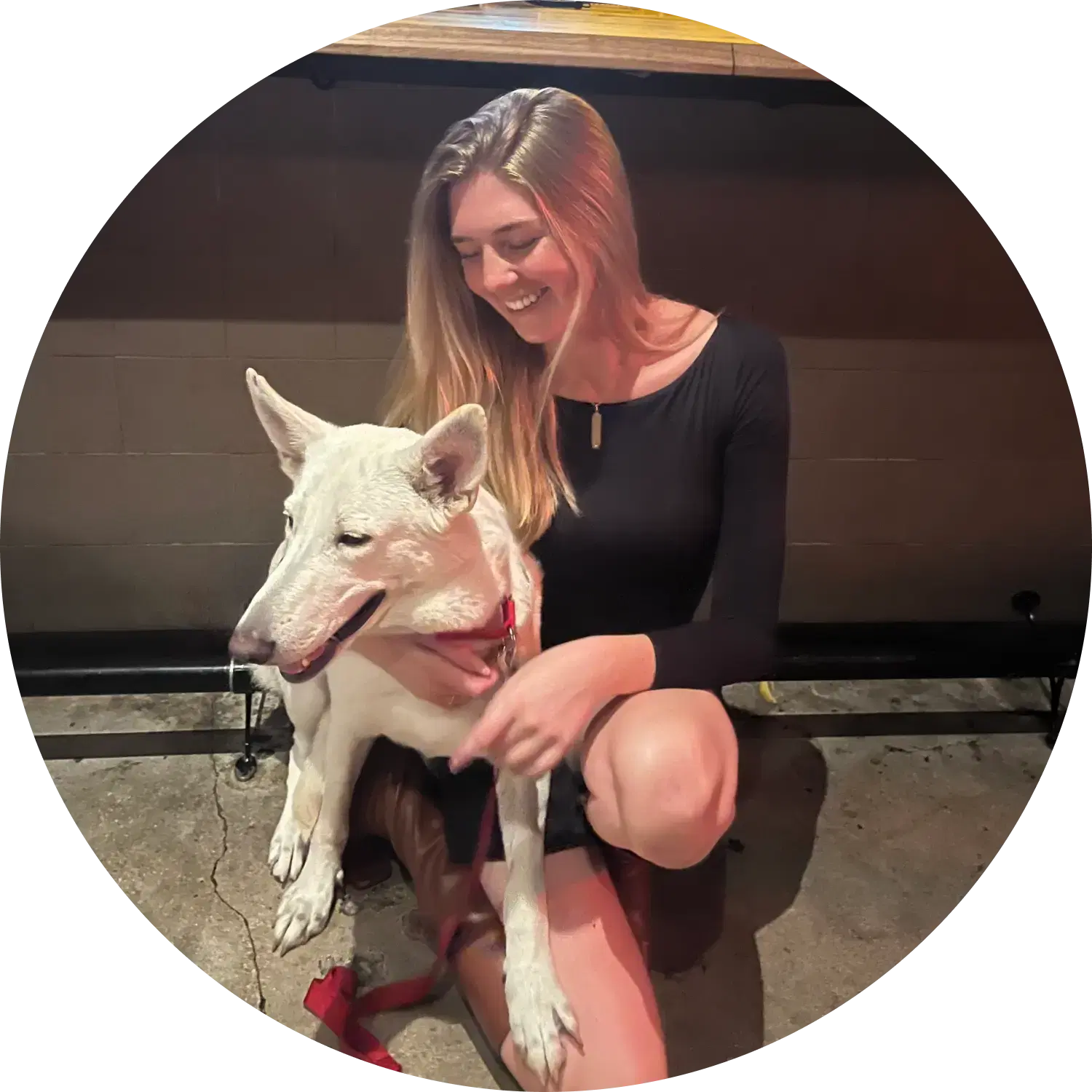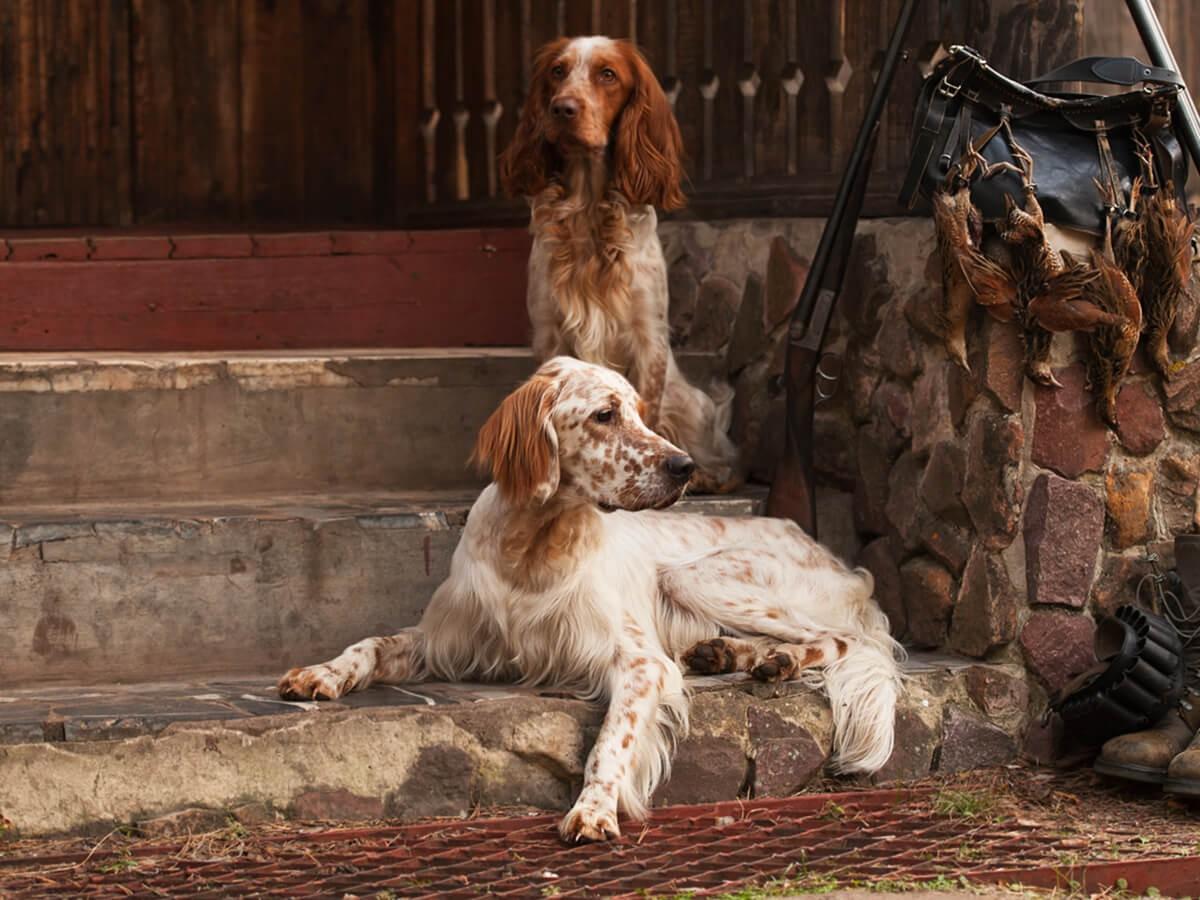For millennia, humans and dogs have shared a unique bond, especially in the realm of hunting. Dogs, with their keen senses and natural instincts, have proven to be invaluable hunting companions. In this comprehensive guide, we'll delve into the world of hunting dog breeds, exploring their types, top picks for 2025, and essential traits for successful hunting partnerships.
Humans and Hunting: A Historical Partnership
The collaboration between humans and dogs in hunting dates back thousands of years. Archaeological evidence suggests that early humans formed alliances with wolves, coyotes, and jackals, eventually leading to the domestication of dogs.These early canines assisted with herding, guarding, and most importantly, hunting, utilizing their exceptional tracking and retrieving skills to aid their human partners.
Types of Hunting Dogs
Hunting dogs come in various types, each specializing in different aspects of the hunt:
Terriers are small, tenacious dogs originally bred to hunt small game like rabbits, rodents, and birds. Their agility, fearlessness, and digging instincts make them ideal for flushing out prey from burrows and dense vegetation. Popular terrier breeds for hunting include Airedales, Jack Russell terriers, and Rat terriers.
Gun Dogs – Gun dogs, also known as bird dogs, are skilled at locating and retrieving game birds. They possess an exceptional sense of smell and a natural instinct to point or flush out birds for the hunter. Labrador Retrievers, English Pointers, and English Springer Spaniels are among the top gun dog breeds.
Hounds - Hounds are renowned for their incredible stamina, powerful noses, and distinctive baying. They excel at tracking and chasing game over long distances, making them valuable assets for hunting larger animals like deer, wild boar, and even bears. Popular hound breeds include the Mountain cur, The black-and-tan Coonhound, and the American foxhound.
Top 5 Hunting Dog Breeds in 2025
5. Golden Retriever
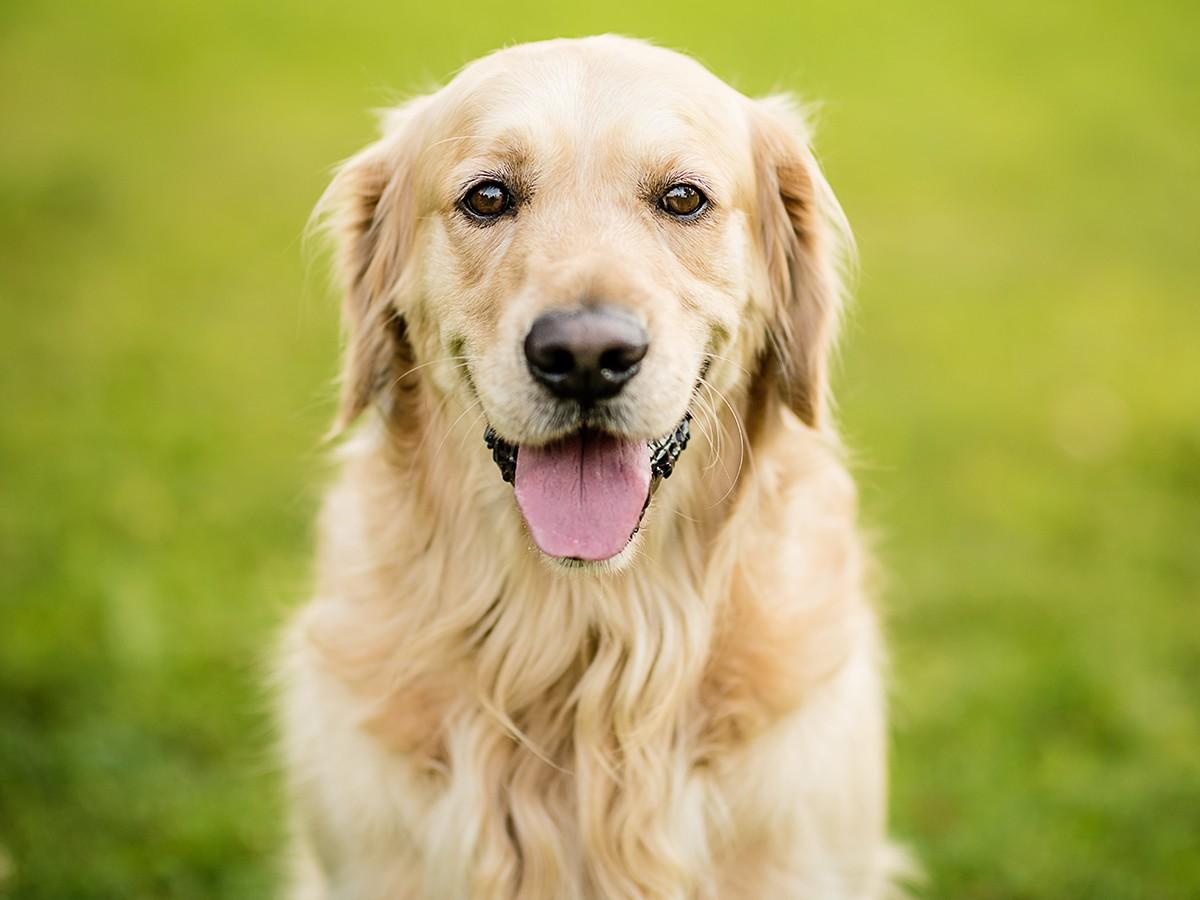
Average Weight: 55 to 75 pounds (male and female)
Average Height: 21 to 24 inches (male and female)
Life Expectancy: 12 to 13 years
Origin – Scotland
Golden Retrievers are renowned for their gentle temperament and retrieving abilities. They are versatile hunting companions, excelling in both waterfowl and upland game hunting. Their intelligence, trainability, and love for water make them a joy to work with.
4. American Foxhound
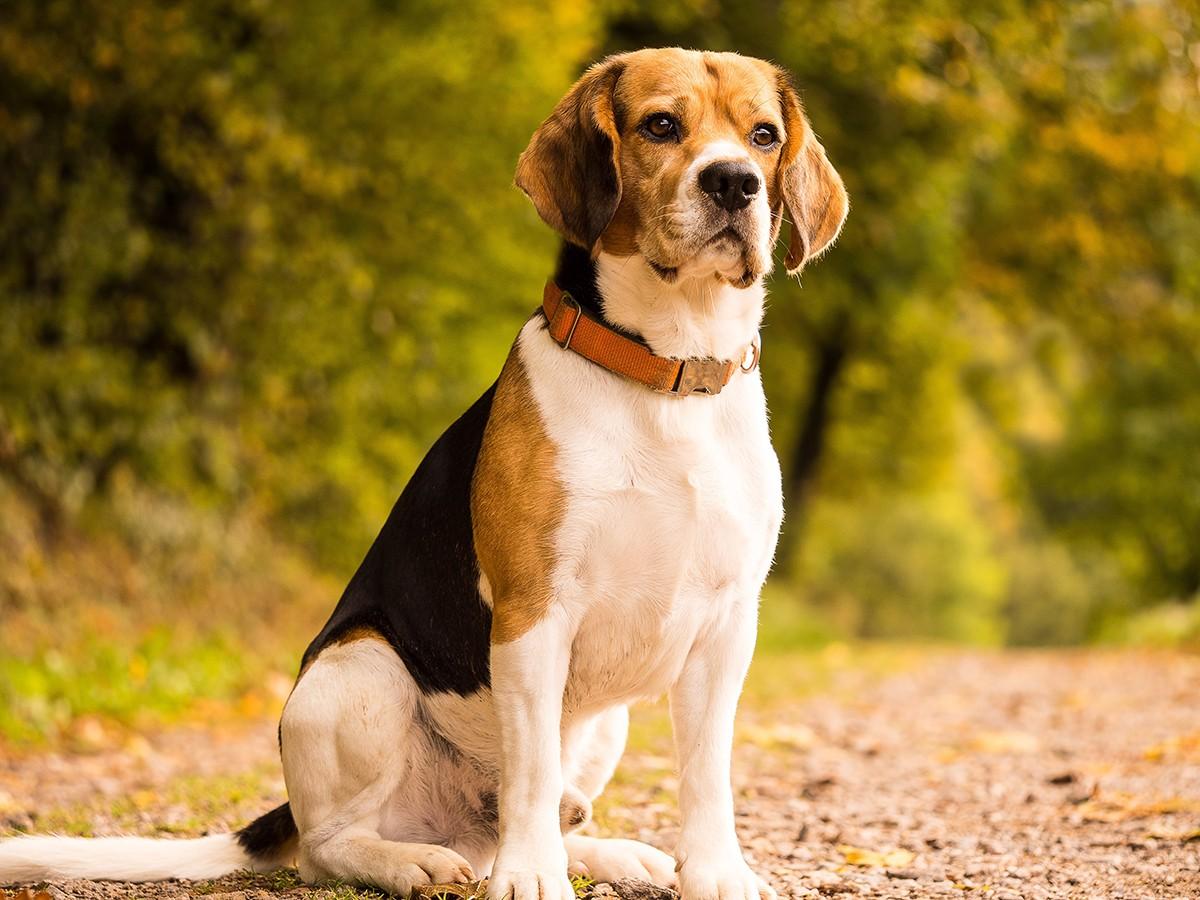
Average Weight: 55 to 70 pounds (male and female)
Average Height: 21 to 25 inches (male and female)
Life Expectancy: 10 to 12 years
American Foxhounds are tireless trackers with a keen sense of smell and a melodious bay. Bred for fox hunting, they are also adept at pursuing rabbits, raccoons, and other small game. Their endurance and determination make them valuable partners in the field.
3. English Springer Spaniels
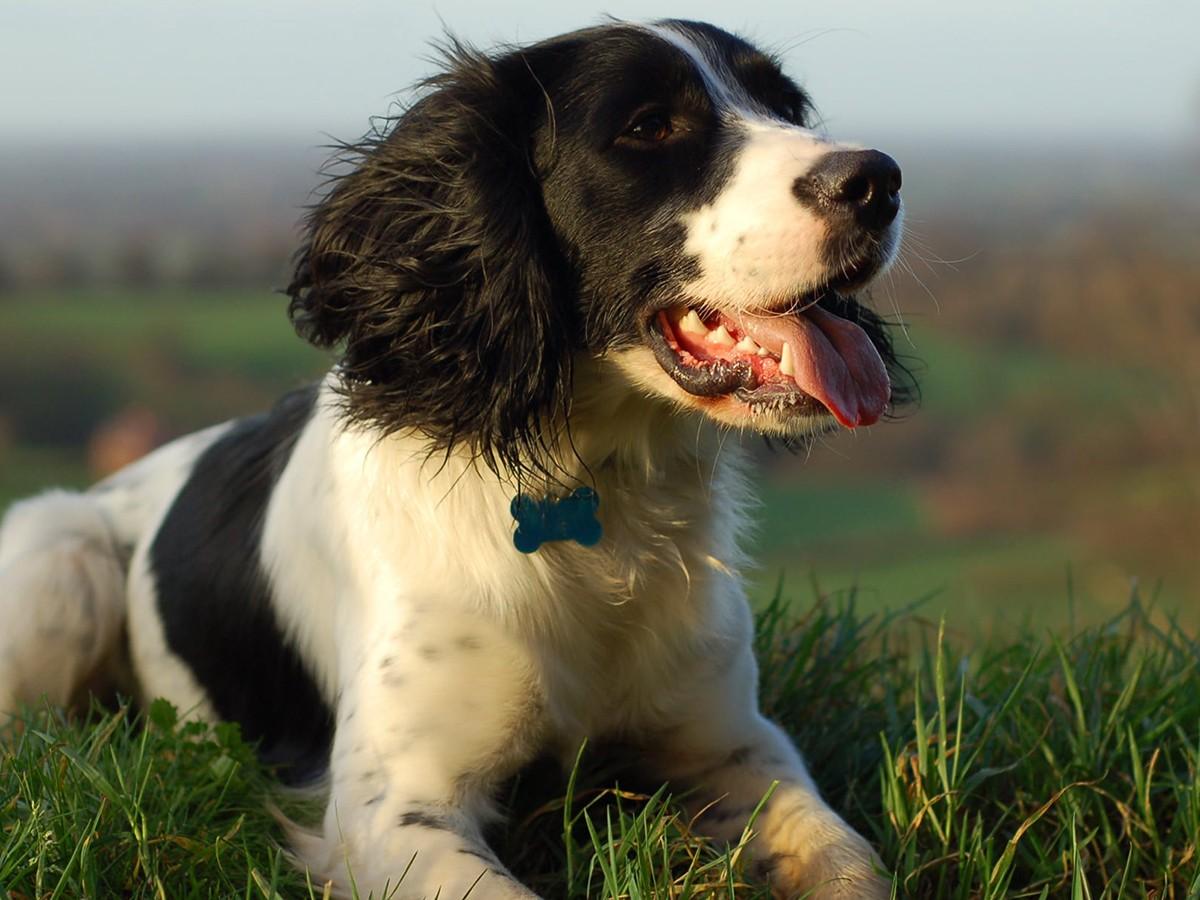
Average Weight: 44 to 45 pounds (male and female)
Average Height: 9 to 13 inches (male and female)
Life Expectancy: 11 to 15 years
English Springer Spaniels are versatile gun dogs known for their enthusiasm and athleticism. They excel at flushing and retrieving game birds, making them popular choices for upland hunting. Their intelligence and eagerness to please also make them trainable companions.
2. Bluetick Coonhound
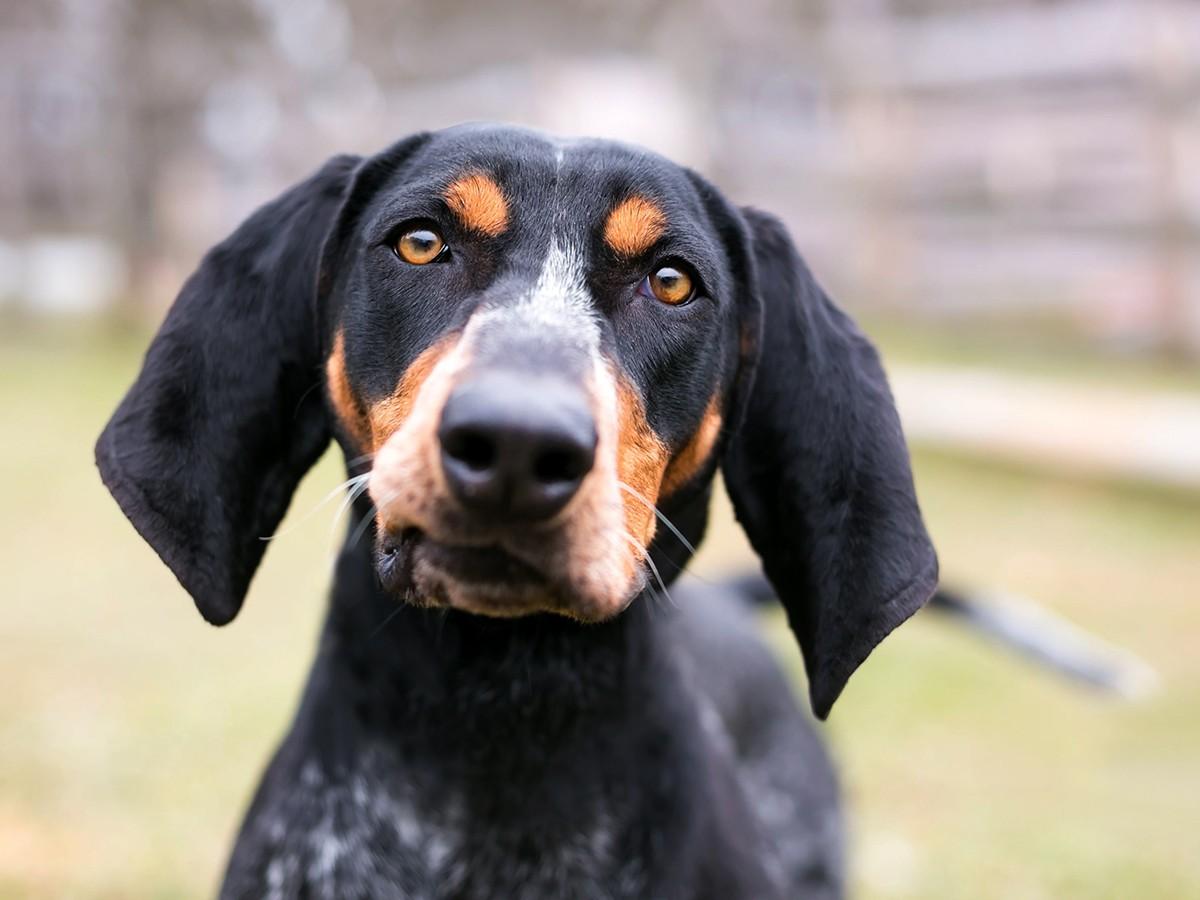
Average Weight: 45 to 80 pounds (male and female)
Average Height: 21 to 27 inches (male and female)
Life Expectancy: 11 to 12 years
Origin – United States
Bluetick Coonhounds are tenacious trackers with a distinctive "bawl mouth" that aids hunters in locating game. Bred for hunting raccoons, they are also capable of tracking deer, bears, and other large animals. Their loyalty and protective nature make them excellent watchdogs as well.
1. Labrador Retriever
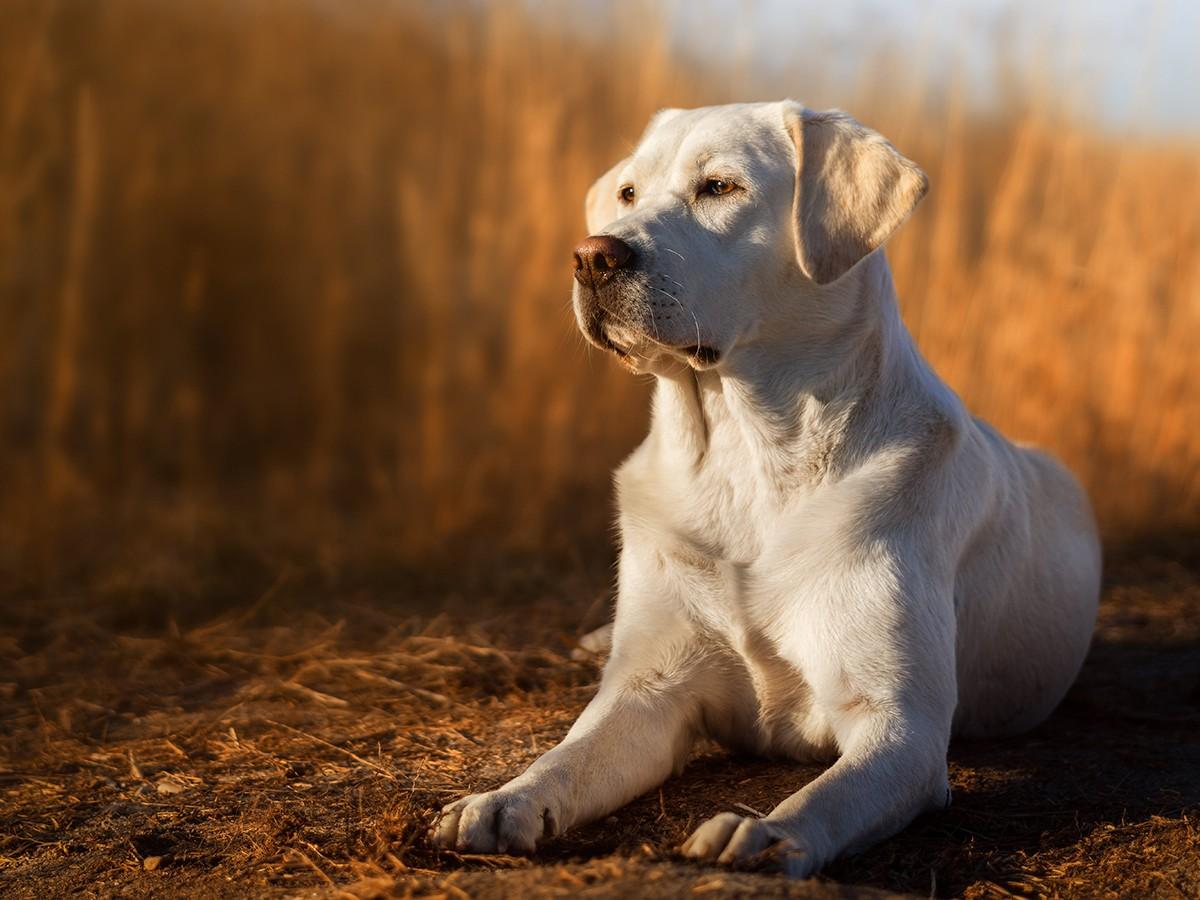
Average Weight: 65 to 80 pounds (male and female)
Average Height: 20 to 22 inches (male and female)
Life Expectancy: 10 to 12 years
Origin – UK
Labrador Retrievers are beloved for their intelligence, trainability, and friendly demeanor. They excel in various hunting disciplines, from waterfowl retrieving to upland game hunting. Their webbed feet, water-resistant coats, and strong retrieving instincts make them exceptional swimmers and natural retrievers.
This is not an exhaustive list but just a list of popularly used hunting dogs. Other breeds in the hunting basket include the English Settler, Irish Setter, Chesapeake Bay Retriever, English Pointer, Beagle, etc. There are a few important skills a dog should possess to be good at hunting: a strong prey drive, receptiveness to training, endurance, and athleticism. The above list of dogs undoubtedly excels at all the prerequisites.
Expert Insights From Spot
Spot's data reveals that the most common claims submitted for these breeds are for preventative care services, with clinical exams for specific issues being the most frequent reason for veterinary visits, totaling 15,477 claims. Heartworm and flea medications, fecal worm screens, and heartworm tests also rank high in claim frequency, accounting for $8,900, 4,400, and 3,100 vet visits respectively. The average cost for a clinical exam is $415, while heartworm and flea medications average $297.
Choosing the Best Hunting Dog Breed for You
When selecting a hunting dog, consider your specific needs and preferences. Factors like the type of game you hunt, terrain, and your experience level should all play a role in your decision.
What is the best all-around gun dog?
The Labrador Retriever is widely regarded as the best all-around gun dog. Their physical attributes, including a double coat for warmth and water repellency, webbed feet, and a powerful tail, make them ideal for retrieving in various conditions. Their intelligence, trainability, and eagerness to please further solidify their position as top hunting companions.
What hunting dog looks like a Lab?
The Chesapeake Bay Retriever closely resembles a Labrador Retriever in appearance but possesses a distinct wavy coat and a slightly more independent personality. They are also skilled retrievers and share the Labrador's love for water and retrieving.
What is the most loyal hunting dog?
Chesapeake Bay Retrievers are known for their intense loyalty and strong bond with their owners. They are protective and devoted, making them not only excellent hunting partners but also cherished family members.
Key Takeaways
Choosing the right hunting dog breed can significantly enhance your hunting experience. Each breed brings unique skills and temperaments to the field, contributing to successful and enjoyable hunts. By understanding the different types of hunting dogs and the specific traits of each breed, you can make an informed decision and forge a lasting partnership with your canine companion.

The resident animal enthusiast at Spot. I have a lifetime of pet parent experience. If it has fur, feathers, or scales, I’ve probably shared my home with it. I aim to be a reliable source, blending experience with a dedication to the well-being of pets.
